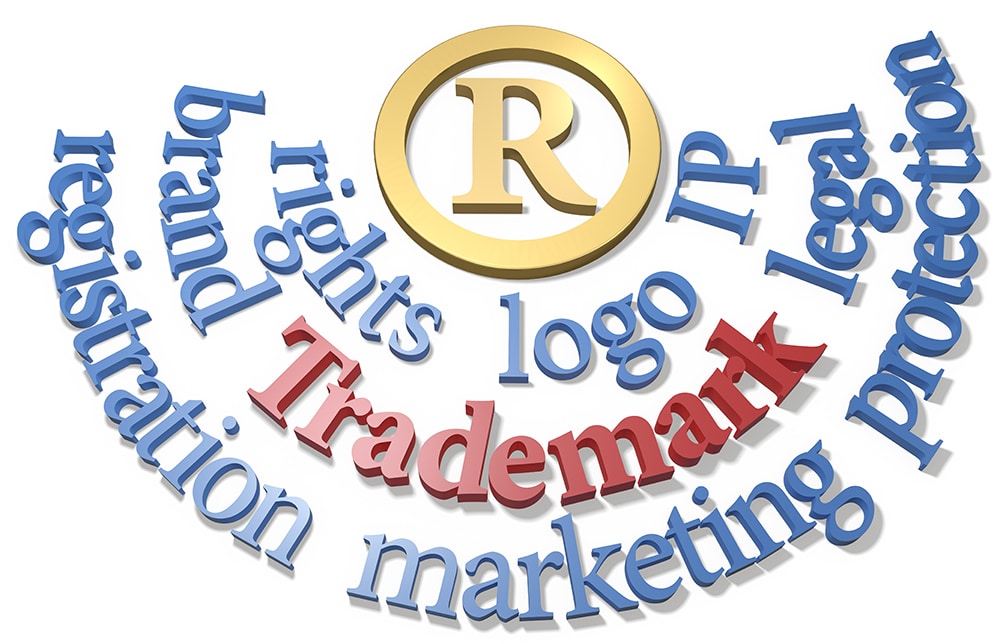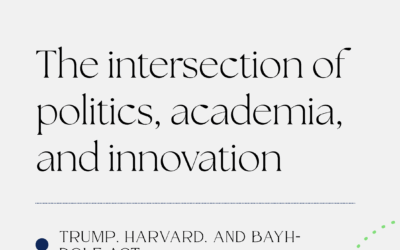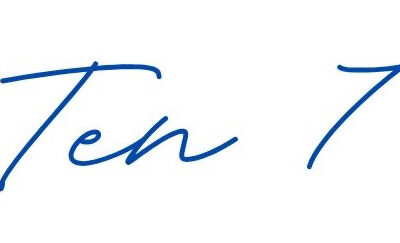-
Strength of the senior user’s mark. The stronger or more distinctive the senior user’s mark, the more likely the confusion.
-
Similarity of the marks. The more similarity between the two marks, the more likely the confusion.
-
Similarity of the products or services. The more that the senior and junior user’s goods or services are related, the more likely the confusion.
-
Likelihood that the senior user will bridge the gap. If it is probable that the senior user will expand into the junior user’s product area, the more likely there will be confusion.
-
The junior user’s intent in adopting the mark. If the junior user adopted the mark in bad faith, confusion is more likely.
-
Evidence of actual confusion. Proof of consumer confusion is not required, but when the trademark owner can show that the average reasonably prudent consumer is confused, it is powerful evidence of infringement.
-
Sophistication of the buyers. The less sophisticated the purchaser, the more likely the confusion.
-
Quality of the junior user’s products or services. In some cases, the lesser the quality of the junior user’s goods, the more harm is likely from consumer confusion.
-
related products and services.
Trump Administration and Harvard – Understanding the Bayh-Doyle Act
Trump investigates Harvard’s Bayh-Dole compliance. $1.7T economic impact. Learn university patent requirements for federal funding.
Amazon Brand Registry: Your Shield Against Counterfeiters and Brand Hijackers
As intellectual property attorneys, we've guided hundreds of clients through the Amazon Brand Registry process and...
Ten7 Consulting and Accelerate IP Launch Revolutionary Entrepreneurship Platform for Law Enforcement, First Responders, and Veterans
Ten7 is a new comprehensive online platform provides career transition support and business development resources for...




